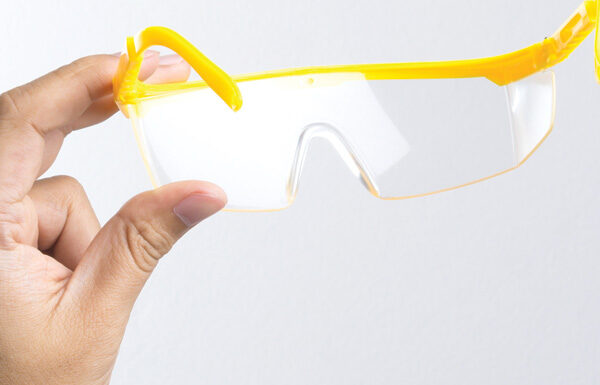Maintaining good oral health is essential not just for a beautiful smile, but also to have overall good health and well-being. Poor oral health has been linked to an increased risk of several diseases and conditions. For example, tooth decay can lead to pain, infections in the mouth, difficulty speaking and eating properly, as well as poor nutrition. Therefore, taking care of your teeth is just as important as caring for the rest of your body.
The benefits of good oral health
Good oral health goes beyond just having a healthy and beautiful smile. Good oral health can also help you maintain overall good physical health. For example, regular brushing and flossing can reduce the risk of developing cavities or bad breath. It can also reduce your risk for serious conditions such as gum disease and heart disease. Gum disease has been linked to stroke, dementia, and other serious health conditions.
Additionally, good oral health can also have a positive effect on your mental health. Having healthy teeth can make you feel more confident in social settings and improve your self-esteem. Research has even found that people with poor oral health are at an increased risk of developing depression.
Having good oral hygiene can also lead to a better-looking smile. Regular brushing, flossing, and using mouthwash can help remove plaque buildup on the teeth and reduce staining caused by foods and drinks.
Good oral health can also improve your digestion and nutrient absorption. Chewing food properly is an important part of the digestive process, and having healthy teeth makes it easier to chew food completely. Additionally, having healthy teeth also allows for better absorption of nutrients from the foods you eat.
Also, good oral health can reduce your risk of developing chronic diseases. Poor oral hygiene has been linked to an increased risk of diabetes and cardiovascular diseases. Regular brushing and flossing can help prevent the bacteria in your mouth from entering into your bloodstream and causing infection or inflammation.
Tooth loss is a common problem, especially among older adults. Poor oral hygiene and an unhealthy diet can lead to gum disease and tooth decay, which can cause teeth to become loose or fall out.
Lastly, smoking can increase your risk for developing cavities and gum disease, leading to the eventual loss of teeth.
Fortunately, there are steps you can take to prevent tooth loss and decay.
Tips for an improved oral health
- Brush your teeth twice a day for two minutes each time
- Floss at least once a day
- Use mouthwash to reduce plaque and bacteria
- Avoid sugary foods and drinks
- Visit the dentist regularly for checkups and cleanings
- Quit smoking or using tobacco products
- Talk to your dentist about any oral health concerns
- Drink plenty of water, especially tap water
- Use toothpaste with fluoride
- Chew sugar-free gum after meals if you can’t brush
By following these tips, you can help maintain good oral health and reduce the risk of developing serious medical conditions. Maintaining good oral care is essential for overall health and well-being. Taking care of your teeth now will pay off in the future!















